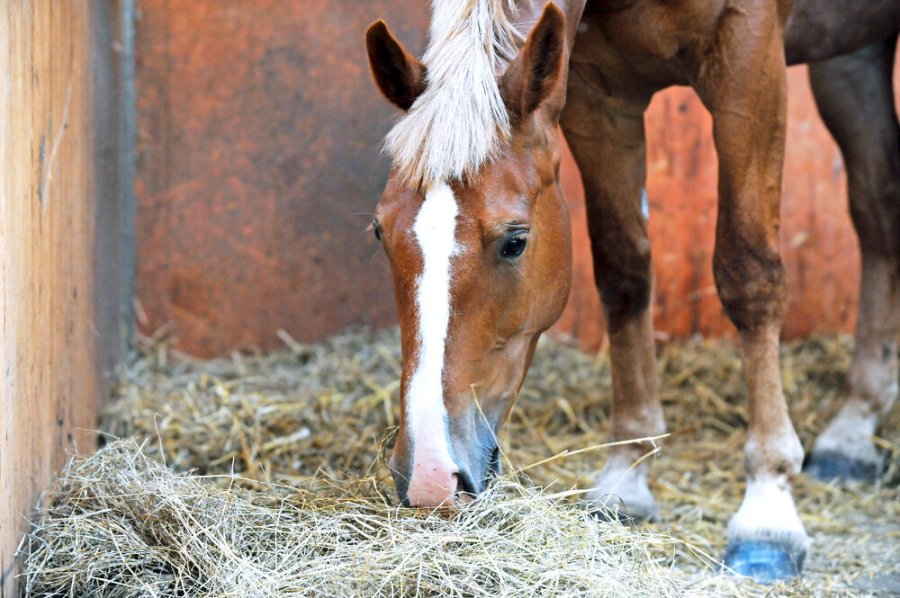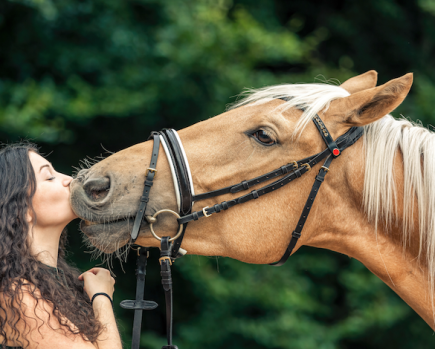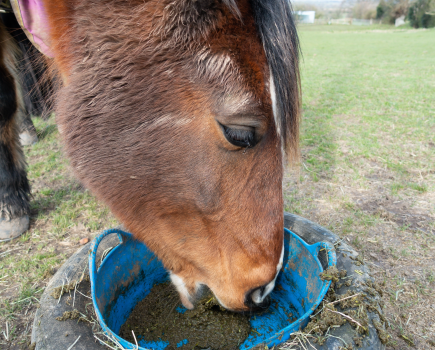Dental disease in older horses causes unnecessary pain and discomfort, but vet Linda Greaves explains how having a good dental management regime in place will help you to identify and treat problems promptly.
Spotting the signs of dental disease
Horses are prey animals so they will show minimal signs of pain or disease in order to prevent them being a target for predators. This can make it tricky to spot the signs of dental pain, so it’s important to be aware of them, and to monitor your horse closely for them.
Often, by the time a horse shows signs of dental pain, they may already have severe problems. A regular examination by a vet or a qualified equine dental technician (EDT) will pick up on any issues.
Here are some of the signs that can indicate your horse may have a dental problem:
- Inappetance (lack of appetite)
- Selective feeding/ avoidance of certain foods
- Difficulty or asymmetry when chewing certain types of food, such as long fibre (hay) or hard foods (e.g. carrots)
- Quidding (dropping food)
- Weight loss (sudden or gradual)
- Changes in ridden behaviour, such as head shaking, a reluctance to accept the bit or reluctance to move forward
- Halitosis (smelly breath)
- Colic – this can be caused by changes in eating habits and prolonged periods of inappetance as a result of dental pain.
If you notice any of these signs, you should seek advice from your vet.
What can I do to keep my horse’s teeth healthy?
1. Book in dental appointments
First, book a regular dental appointment for your horse with a qualified professional at least every 12 months. The examination can be undertaken by your vet or a qualified equine dental technician who is a member of the British Association of Equine Dental Technicians (BAEDT), or World Wide Association of Equine Dentists (WWAED category 2).
2. Keep a close eye on their teeth
You should regularly monitor your horse for any signs of dental disease. If you spot anything you should call your vet.
3. Follow professional advice
If your vet or equine dental technician identifies a dental problem, follow their advice regarding treatment, feeding regimes and exercise. Your vet’s dietary advice will depend on the condition diagnosed, but some common suggestions are:
- If your horse has a condition that makes chewing painful, avoid long fibre such as hay or haylage.
- If they have a diastema/ diastemata then avoid short, sharp chops as they can pack into the gap and exacerbate periodontal disease (Du Toit and Rucker, 2013).
- If they have an ongoing dental condition, feed grass, soft fibre, or pelleted fibre that can be soaked into a soft mushy feed.
Meet the expert: Linda Greaves BVetMed BSc CertAVP MRCVS graduated from the Royal Veterinary College. She has a keen interest in all aspects of equine dentistry and dental surgery.









